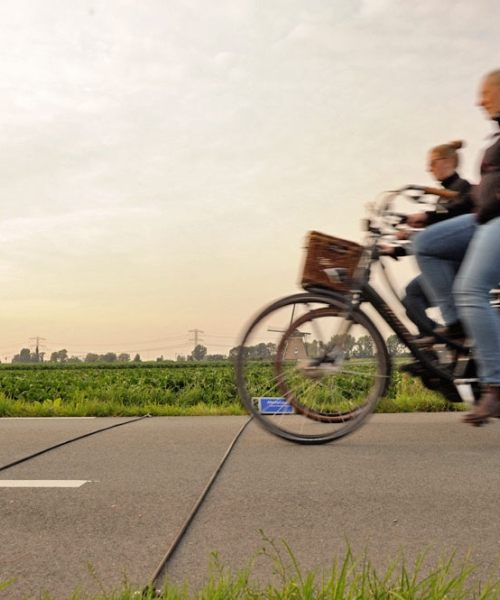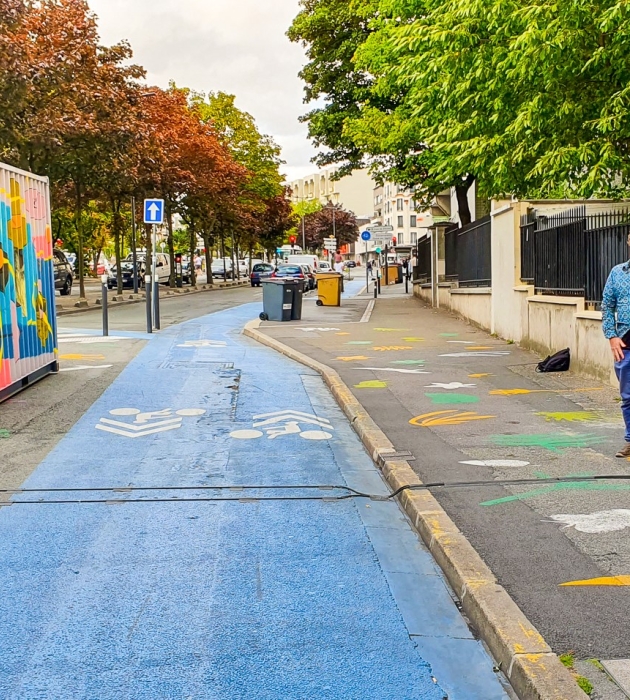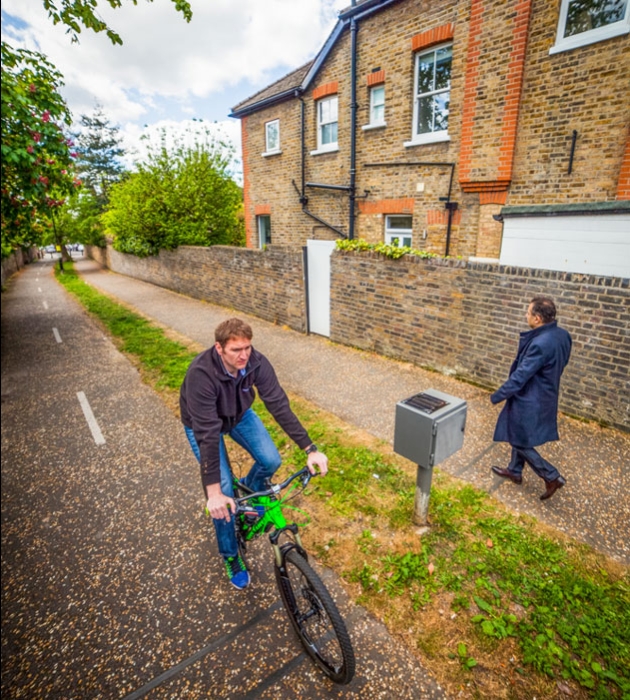How Do We Measure Micromobility Traffic?
At MetroCount, we leveraged 30+ years of experience in monitoring road traffic to develop the most reliable and accurate range of bike counters. Using proven and tested technology, the RidePod range records every vehicle axle on shared paths or dedicated bike lanes - from ordinary bicycles to e-scooters and everything in between.
The RidePod® BP is the world's first all-in-one bicycle, e-scooter & pedestrian counter using piezoelectric strips for ongoing data collection. This is the most reliable solution for monitoring shared paths and on-road bike lanes year-round.
The RidePod® BT is a portable bike & e-scooter counter with sensitive, thin rubber tubes. Designed for easy-to-install, short-term surveys on shared paths and on-road bike lanes.

Explore Mobility Monitoring

Differentiating Mobility Traffic in Paris
A MetroCount traffic survey on a Paris shared path has changed the game in tube data collection by becoming the first survey of its kind to differentiate active travel modes.

Bike Traffic Data in the Borough of Ealing
Ealing Council leverages accurate MetroCount bike traffic data to secure grants, aiming to reach cycling participation levels in Denmark and the Netherlands.
